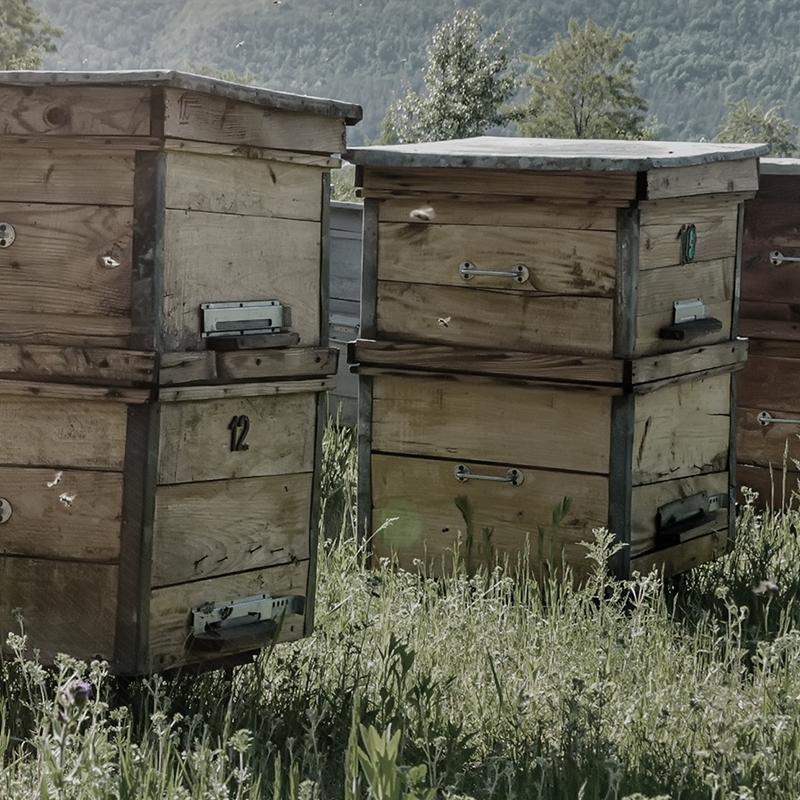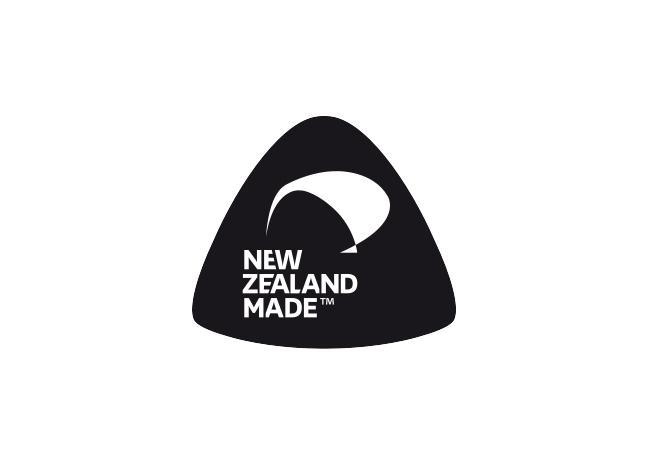MADE IN NEW ZEALAND
Every pot is packed in New Zealand
Delicious, genuine Manuka Honey from a brand you can trust.
Learn MoreManuka Pharm honey is high quality, genuine Manuka Honey that is naturally and responsibly sourced in New Zealand.
Delicious, genuine Manuka Honey from a brand you can trust.
Learn More

Manuka Pharm is one of the biggest exporters of genuine manuka honey in the world. Direct from New Zealand to you.
Sourced from some of the most remote areas of New Zealand and then packed in our state of the art facility in the country’s North Island.
We are proud to be a privately owned New Zealand owned company that oversees 60,000 individual bee hives in the North and South islands, spanning over 11,000 hectares of land, all owned by our founder.
At Manuka Pharm we have been working alongside the New Zealand Government to ensure our manuka meets the gold standard MPI tests for purity and export standard.
After laboratory testing to ensure purity and strength, we pack every jar in New Zealand itself before products are exported to the UK.
Once in the UK, we test every batch of honey a second time at a Government laboratory to ensure every MGO rating is true to label before sale.
Our base in Leicestershire means we can supply customers in the UK easily and quickly via mail order and telephone, plus we also supply the UK’s biggest health-food chain Holland & Barrett where we are proudly one of their best selling manuka honey brands.
All Manuka honey exported from New Zealand has to meet the strict requirements of the New Zealand Government to ensure it is genuine. Government scientists have identified four chemicals and a DNA marker which are unique to New Zealand Manuka honey [1] – and each batch must be tested to ensure it contains certain levels of these five elements before it can be sold to UK customers [2].
At Manuka Pharm, we put this Government Standard on the lid of every jar when it is packed at our facility in New Zealand so you can be confident you are buying a genuine, authentic manuka, that has been created at source and shipped to the UK in the same jar.
1. McDonald C M, Keeling Z E, et al. Using chemical and DNA marker analysis to authenticate a high-value food, manuka honey. npj Science of Food. 2018;2:9. https://www.nature.com/articles/s41538-018-0016-6
2. Ministry for Primary Industries. Manuka Honey. https://www.mpi.govt.nz/growing-and-harvesting/honey-and-bees/manuka-honey/
As a rare product in limited supply, manuka honey can be subject to copies and passing off.
Some companies have been caught either diluting their manuka honey with cheaper European honey outside of New Zealand, or artificially adding chemicals to make their manuka appear stronger than it once was.
At Manuka Pharm we work to the New Zealand Government’s MPI standard of manuka and all of our products are packed in New Zealand itself, meaning once the jars are sealed there is no change to your product from New Zealand to your home.
Remember to look for “packed in New Zealand” on the label, and buy from a trusted brand who tests its products in New Zealand and the UK before sale.
The strength of Manuka Pharm honey is measured using the MGO (methylglyoxal) grading system from 40 MGO to 340 MGO.
Scientists generally agree that MGO is the best way to establish a honey’s anti-microbial (bacteria killing) strength.
So put simply, the MGO number refers to the amount of methylglyoxal per kilogram. For example Manuka Pharm’s 340 MGO has 340mg per kg of MGO in the pot.
Under New Zealand law there are two classifications of Manuka Honey.
MULTIFORAL Manuka means bees visited the manuka bush as well as other floral sources near to the hive to produce the honey. To be classified as Multifloral, the honey must contain ‘wholly or mainly’ manuka nectar above any other source plus meet four naturally occurring markers and a pollen test. Our Multifloral Manuka has an MGO of between 40 and 70.
MONOFLORAL Manuka honey is produced by bees who predominantly collected nectar from the manuka bush itself. To be called Monofloral, the honey must meet a higher level of two of the four naturally occurring markers and meet the pollen test. Some batches of Premium Monofloral manuka from the most remote regions of New Zealand can have an MGO rating of 340, making it extremely rare and special find.
Manuka honey has “antibacterial and antioxidant properties” which scientific journals have linked with a range of wellbeing benefits [3].
An anti-microbial is an agent that kills micro-organisms or stops their growth.
The Manuka bush has been used for centuries by New Zealand’s native Maoris as a herbal medicine to treat conditions like fevers [4]. While honey has been used widely since ancient times to help wounds heal [4], it was not until European settlers introduced the European honey bee in the first half of the 19th century that both Maori and settlers started using the honey to help with wellbeing.
The main difference between antibacterial and antimicrobial substances is the types of micro-organism they act upon. While antibacterial products prevent the development of bacteria, Antimicrobial products have the ability to kill or slow the spread of microorganisms, which may include bacteria, parasites, or fungis.
3. Jones R, Rongoā – medicinal use of plants, TEARA: The Encyclopaedia of New Zealand https://teara.govt.nz/en/rongoa-medicinal-use-of-plants
4. Mandal MD, Mandal S. Honey: its medicinal property and antibacterial activity. Asian Pac J Trop Biomed. 2011;1(2):154-60. https://www.ncbi.nlm.nih.gov/pmc/articles/PMC3609166/